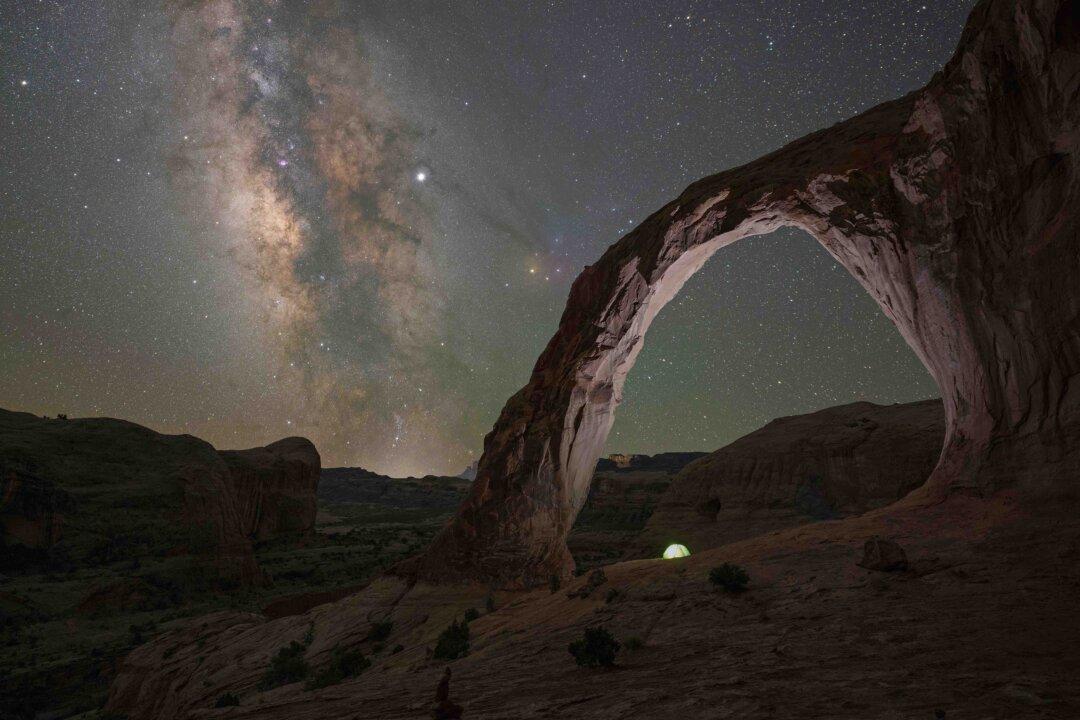Introduce your family to the spectacular night sky. Here are five places to experience a star-filled landscape:
Under African Skies
Check into Little Kulala, a solar-powered, desert eco-retreat within southern Africa’s expansive Kulala Wilderness Reserve. Hop aboard a Land Rover to scope out springbok, ostrich and oryx, or float above the dramatic landscape, the planet’s oldest desert, in a hot air balloon. Visit the world’s tallest dunes amid Namibia’s famed “sand sea.” After a dramatic day, cool off in your private plunge pool. Then, fall asleep on your rooftop Sky Bed and enjoy a late-night show where shooting stars and the Milky Way serve as headliners.
For more: https://wilderness-safaris.com; https://namibiatourism.com.na






